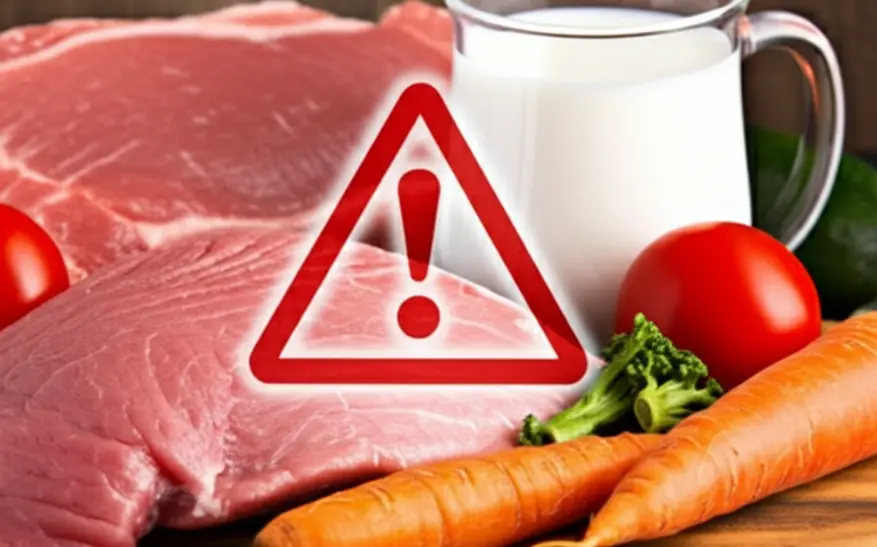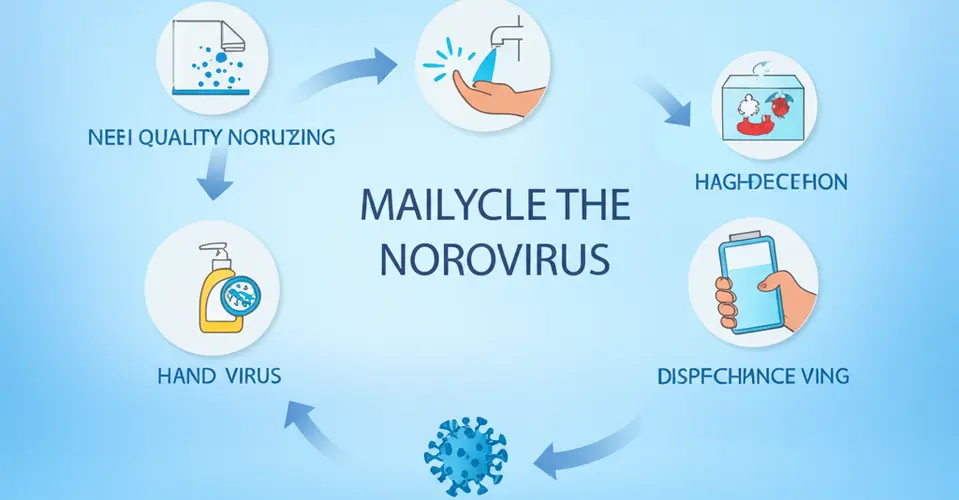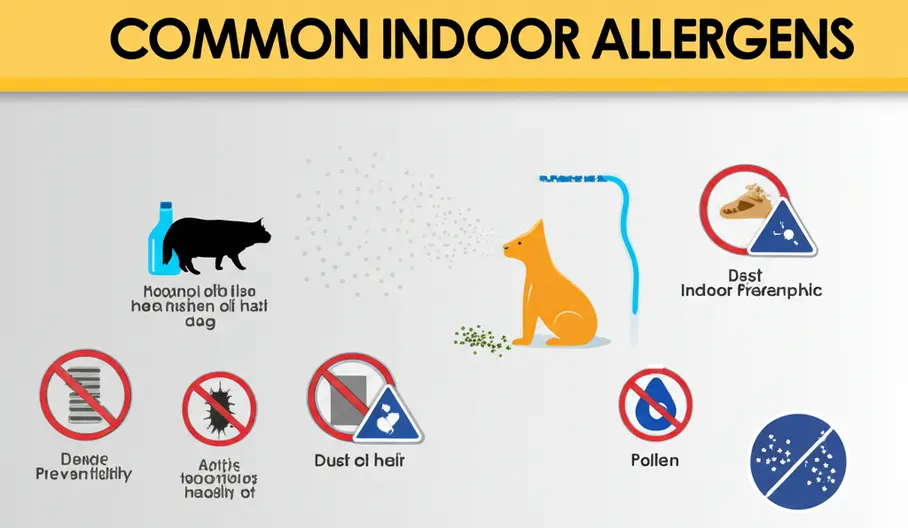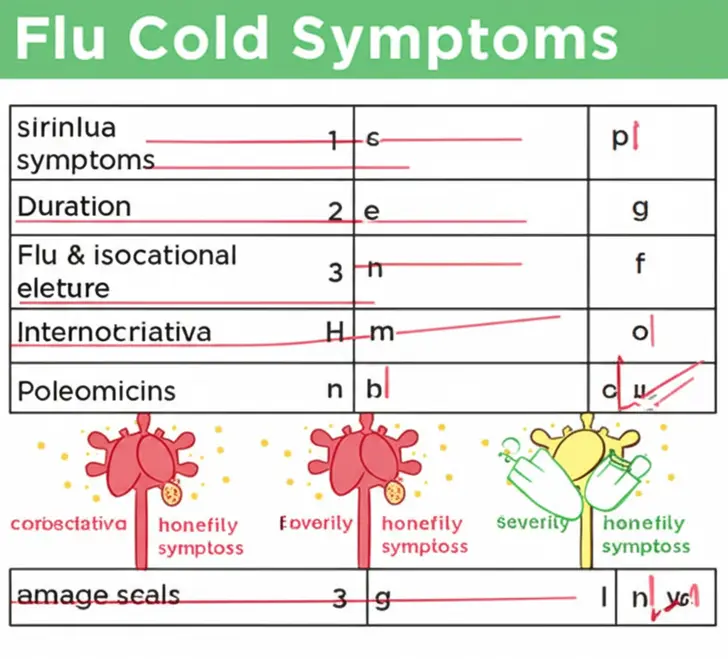What can make you sick for 2 days?
When considering what can make you sick for 2 days, one of the primary culprits is food poisoning. Foodborne illnesses can occur when you eat contaminated food. Common symptoms include nausea, vomiting, diarrhea, and abdominal cramps. The severity of symptoms can vary depending on the source of contamination.
- Salmonella is linked with undercooked eggs and poultry.
- E. coli often comes from undercooked beef or contaminated produce.
- Listeria is commonly associated with deli meats and unpasteurized dairy products.
It’s important to practice safe food handling to reduce your risk of food poisoning.
Another common reason for a brief period of illness is viral infections such as the norovirus. This highly contagious virus can lead to gastroenteritis, often resulting in severe stomach cramps, vomiting, and diarrhea that can last up to 48 hours. How do you catch it? It spreads through contaminated food, surfaces, or direct contact with an infected person.
- To prevent infection, wash your hands frequently.
- Avoid sharing utensils, towels, or personal items.
- Disinfect surfaces regularly, especially in communal areas.
Understanding and recognizing the symptoms can help you manage the infection better.
In addition to food-related illnesses, environmental factors can also make you sick for a couple of days. Allergies can be a significant trigger for flu-like symptoms such as congestion, sore throat, and fatigue. Common allergens include pollen, dust mites, and pet dander.
- Consider staying indoors during high pollen seasons.
- Invest in air purifiers to reduce allergens in your home.
- Consult with an allergist for tailored allergy management strategies.
Proper management will help you maintain a better quality of life despite these challenges.
Another reason you might experience sickness for a couple of days is a flu or cold. These viral infections often start with a sore throat, followed by body aches and fever. Influenza typically lasts longer than the common cold and can incapacitate you for a week or more.
- Rest is crucial for recovery.
- Stay hydrated by drinking fluids.
- Using a humidifier can help ease respiratory symptoms.
Recognizing the difference between a cold and flu can make a big difference in treatment.
Lastly, stress and mental health can also manifest as physical illness. Conditions like anxiety and depression can lead to fatigue, headaches, and gastrointestinal issues. Mental health is often overlooked in discussions about illness.
- Practice stress reduction techniques like yoga or meditation.
- Ensure adequate sleep to support your body and mind.
- Consider speaking with a mental health professional if symptoms persist.
Taking care of your mental health is essential for overall well-being.






